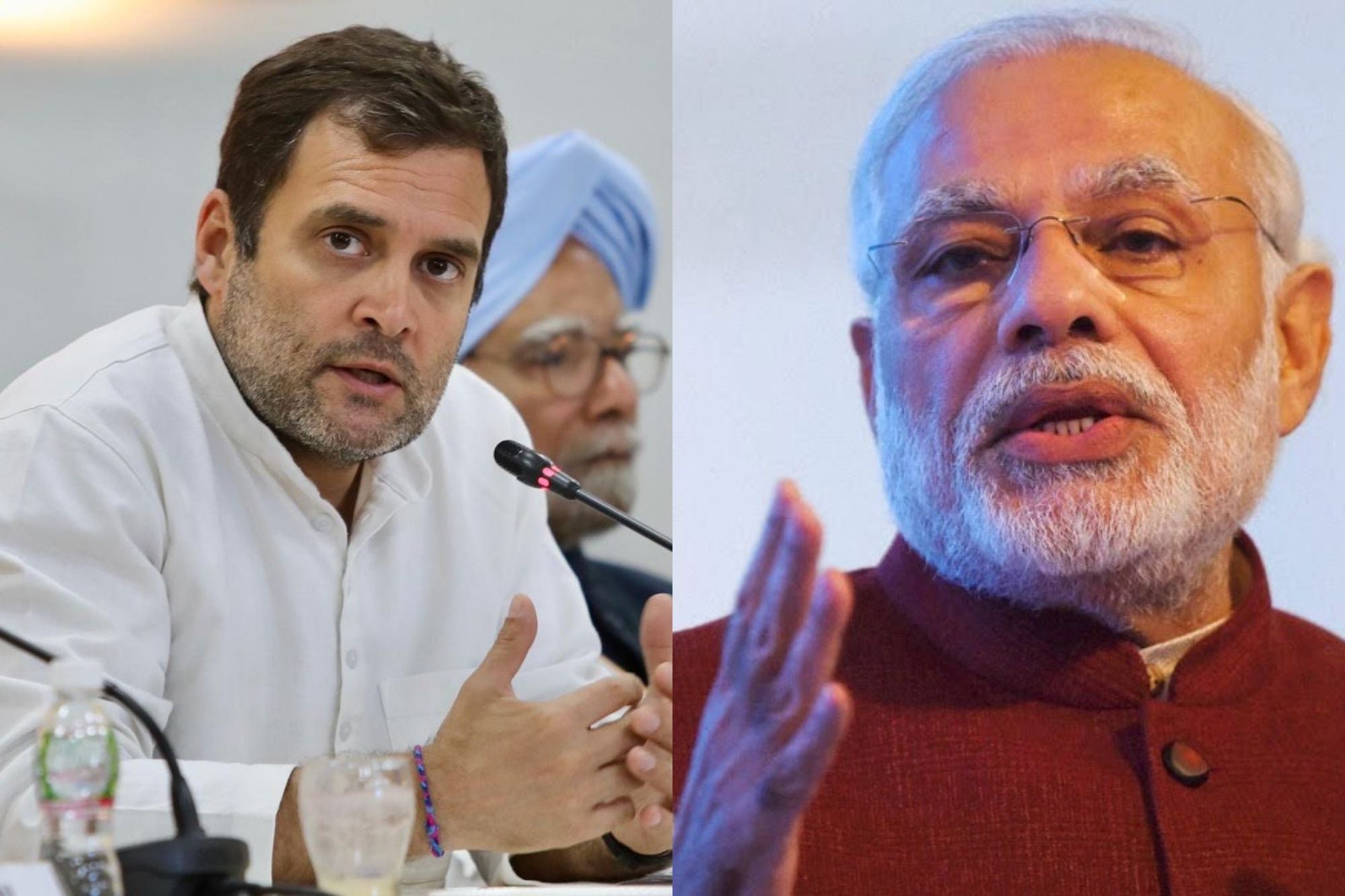Will SMEs Under Congress Govt be the Startups Under Modi Govt Worst hit by demonetization & GST, can MSMEs expect a saviour in Rahul Gandhi?
You're reading Entrepreneur India, an international franchise of Entrepreneur Media.

During every election, the nation witnesses on-point social media strategies, back to back campaigns, promises of benefit and what not. Then what makes the upcoming elections different? Apart from farmers and low-income groups, who are always at the receiving end of tonnes of promises by party representatives due to their large voting share, entrepreneurs have also joined the league.
India has become a hotbed of opportunities for start-ups and MSMEs. Congress President, Rahul Gandhi was able to hit home with his latest "campaigning" promise of exempting young entrepreneurs from taking permission from the government for the first 3 years of the venture. The party plans to transform India's MSME space by unleashing the wave of entrepreneurship.
Youngsters,
— Rahul Gandhi (@RahulGandhi) March 28, 2019
Want to start a new business? Want to create jobs for India?
Here's our plan for you:
1. ZERO permissions for the first 3 years of any new business.
2. Goodbye Angel Tax
3. Solid incentives & tax credits based on how many jobs you create.
4. Easy Bank Credit
Recognized as the backbone of Indian economy, MSMEs (Micro, Small and Medium Enterprises) were the worst hit by demonetization and GST and Congress is all set to provide a "healing touch" to the segment. In the race of giving wings to new ventures with its flagship initiative "Startup India', Modi government overlook the small businesses.
RaGa with MSMEs
Congress doesn't look keen to let go of the opportunity ruling party has presented it with and is leveraging it with a key promise of his party's manifesto. To better grasp the situation of ailing enterprises, the party reportedly reached out to several MSME businesspersons who suffered severely from the impact recent government regulations while drafting the election manifesto.
INC spokesperson Rajeev Gowda, also a Member of Parliament, Rajya Sabha from Karnataka and a member of the party's manifesto drafting committee explained the initiative on Twitter, "They (MSMEs) will be exempt from all applicable laws and regulations (except Minimum Wages Act & tax laws) for 3 years or, for new businesses, the date of commencement."
This is Congress' attempt to replicate the model Ashok Gehlot's government announced in Rajasthan earlier this month. In a bid to promote good governance and transparent administration, the state's Chief Minister notified of an ordinance to facilitate the MSME sector in starting new projects.
"This ordinance would help MSME entrepreneurs saving them from the burden of taking rounds of govt offices to start a new business," Gehlot mentioned in a tweet. It notified the facilitation of establishment and operation ordinance to enable businesspersons to set up factories by filling up a self-declaration form to receive a "Certificate of Acknowledgment' from the Bureau of Investment Promotion (BIP).
Interestingly, a recent survey by the Confederation of Indian Industry, over one lakh small and medium enterprises have shown a 13.9 per cent increase in net jobs created in the MSME sector in the last four years. The survey also indicated higher growth expectations on employment for the next three years due to the government initiatives like the 2 per cent interest rate subvention given to all MSMEs and trade receivables e-discounting system (TReDS) implemented recently.
NaMo's Startup Connection
"Never dream of becoming something, if you dream, the dream of doing something," were the words cited by Prime Minister Narendra Modi during the launch of India's ambitious startup campaign — Startup India, Standup India. With the dream of making India a startup hub, the programme took a slew of policy initiatives to build a strong, conducive, growth-oriented environment for Indian start-ups.
Since its inception in 2016, the initiative has contributed to the creation of lakhs of job opportunities. Despite the roadblocks like Angel Tax, data protection, shoddy execution of schemes and more, over 15,000 startups have been recognized under the programme until now across 492 districts in 29 states and six Union territories.
Further pushing the Indian youth to look at start-ups is a viable career option, the government launched Fund of Funds worth INR 10,000 crore whereas NITI Aayog launched the Atal Innovation Mission to foster innovation among budding entrepreneurs at the grassroots level.
The government has taken various initiatives to boost the growing startup culture in the country such as fast-tracking of startup patent applications, income tax exemption and self-certification. Startup India Hub was also launched to bridge the gap between various stakeholders of the start-up ecosystem, infusing enough confidence in investors for pumping in funds into the ecosystem.
Even after tracking through the journey of start-ups and MSMEs in the last 5 years, the question remains. Will Rahul Gandhi be the ray of hope for Indian businesses?












